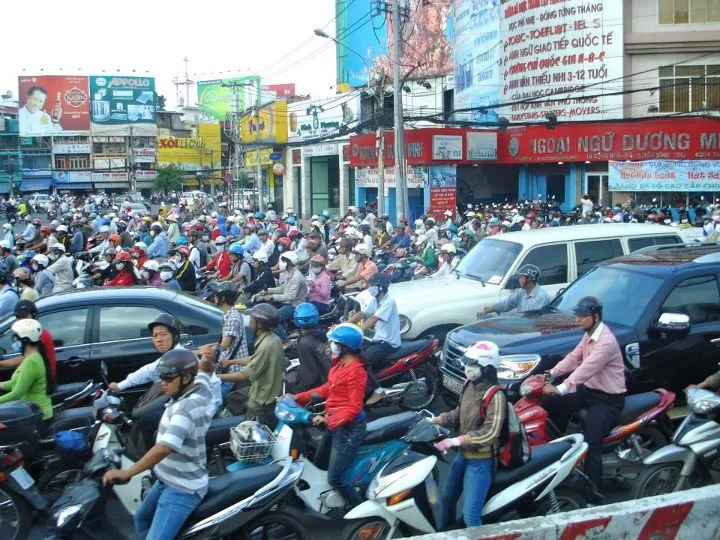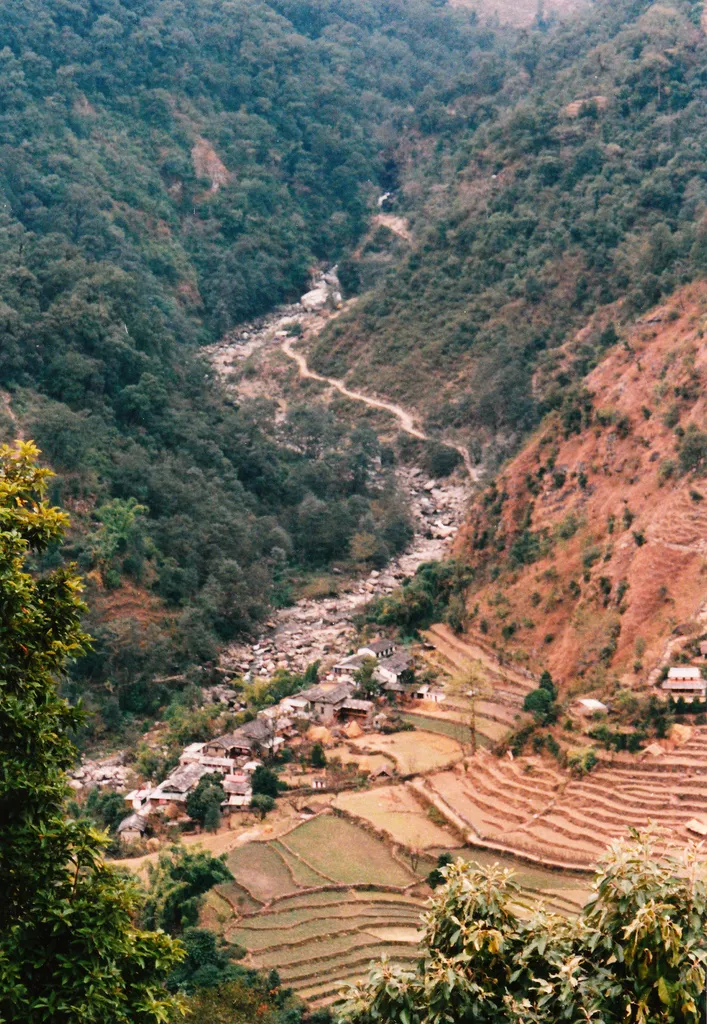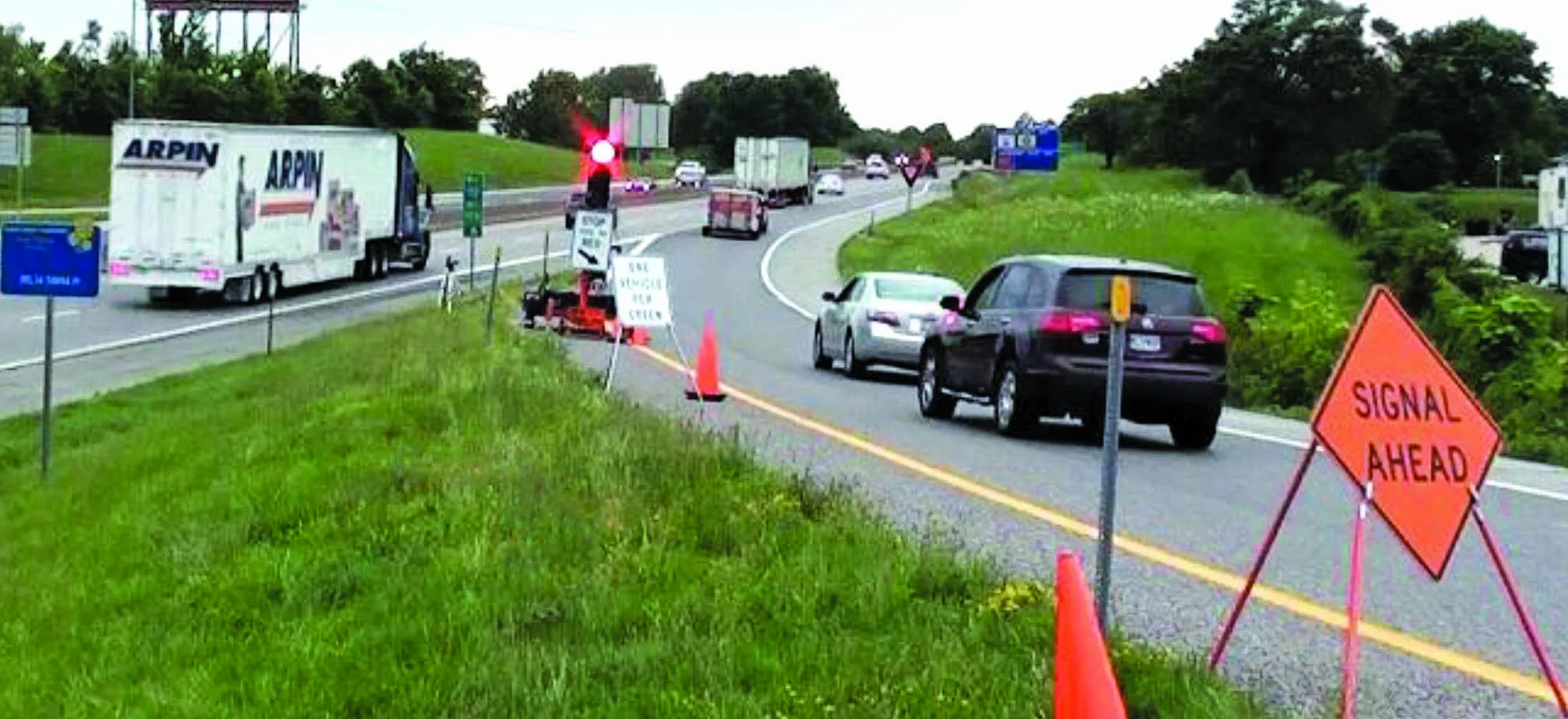Vietnam's Ministry of Transport (MoT) is planning to tackle the country's serious congestion problems in its major cities. Proposals include limits on personal vehicle use in order to curb congestion and these could be introduced in early 2012.
May 2, 2012
Read time: 1 min

Other measures would seek to improve the capacity and quality of public transport. In addition, parking lots in city areas will be rearranged so that they will no longer obstruct traffic lanes for a key pilot project. The pilot project involves Giai Phong, Hue-Hang Bai, Ba Trieu, Tran Khat Chan-Dai Co Viet and Kim Ma streets, where traffic will flow into designated lanes for cars and other vehicles. The MoT also plans to increased fines to road users breaking the law in a bid to reduce road accidents. MoT will also offer a package of measures to encourage investors in infrastructure construction, include toll collection deals.








